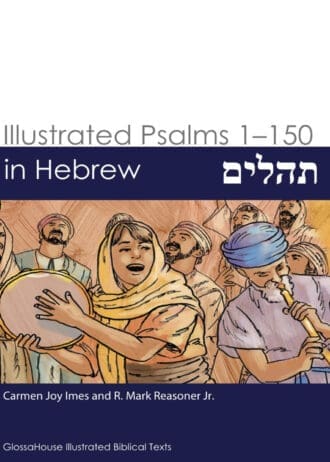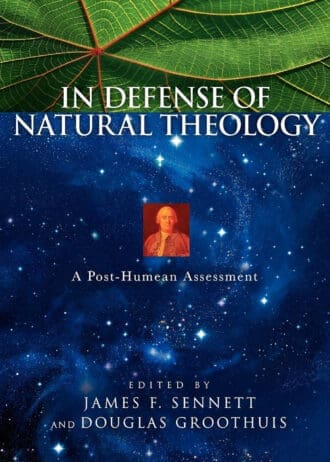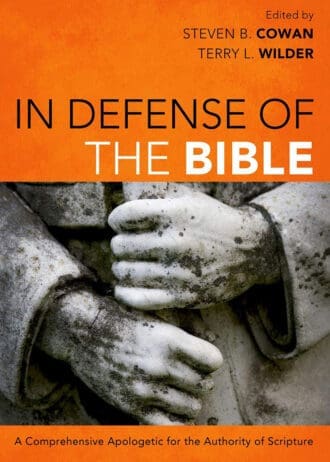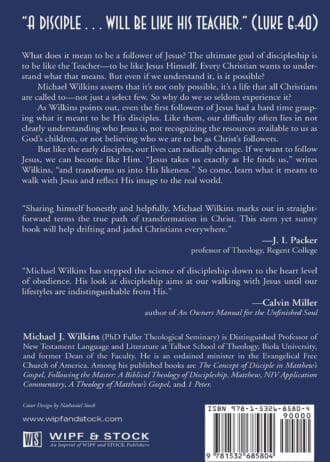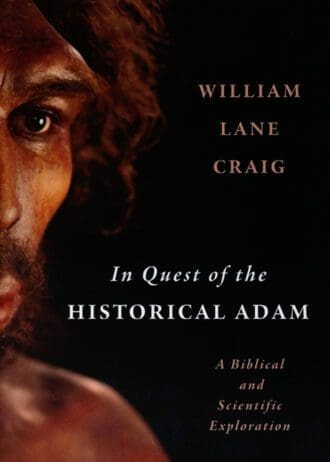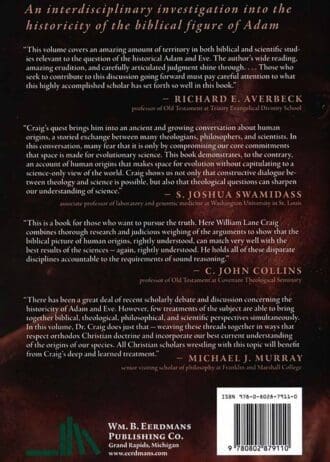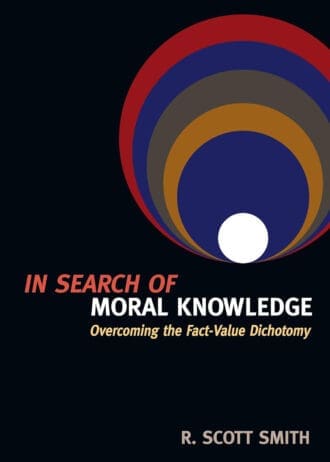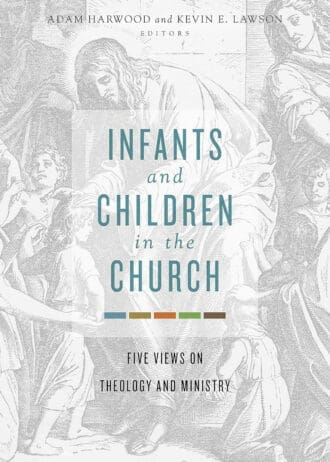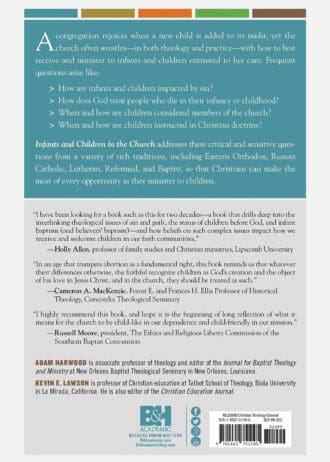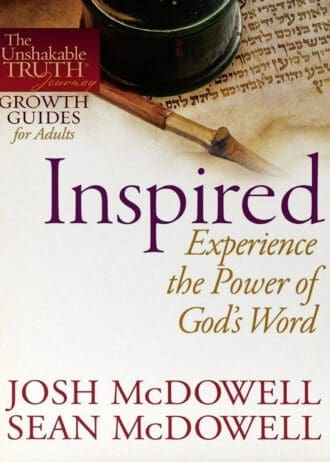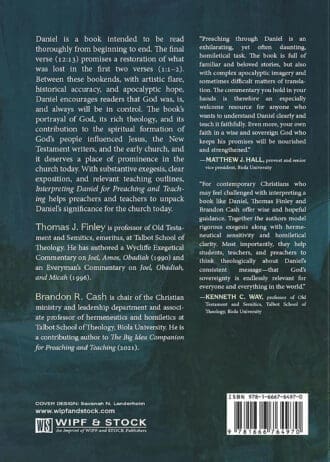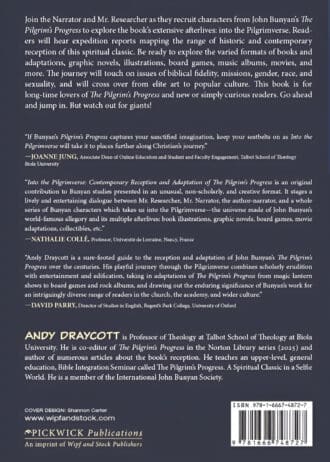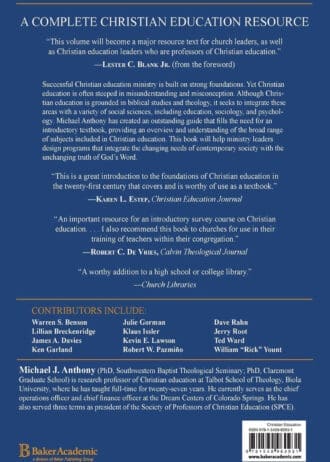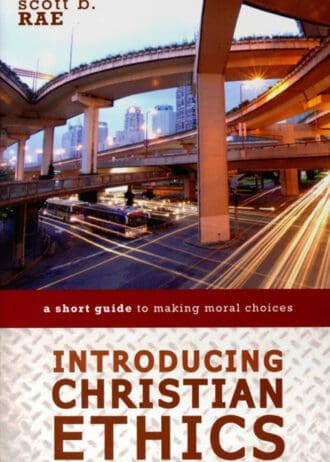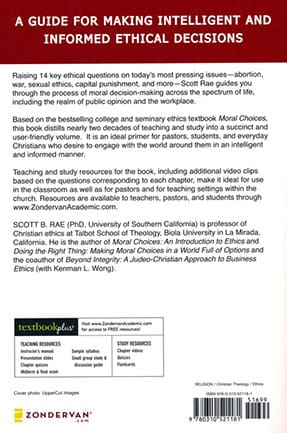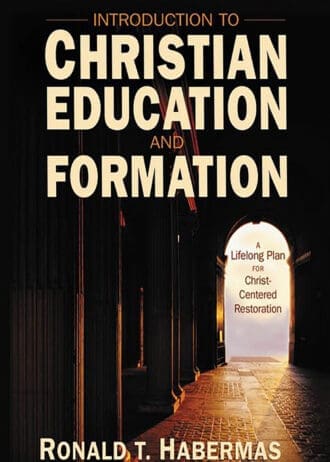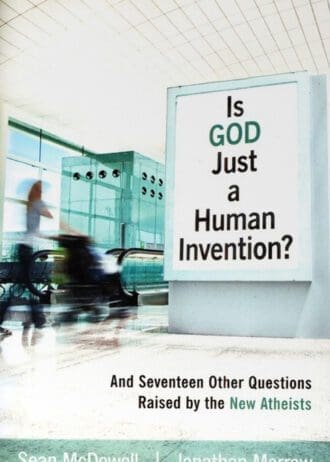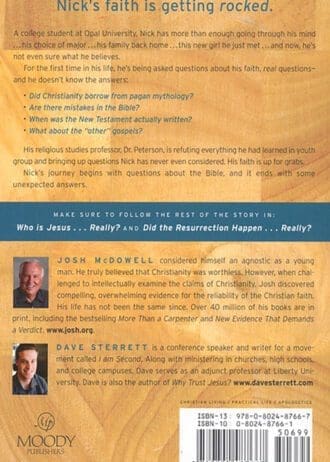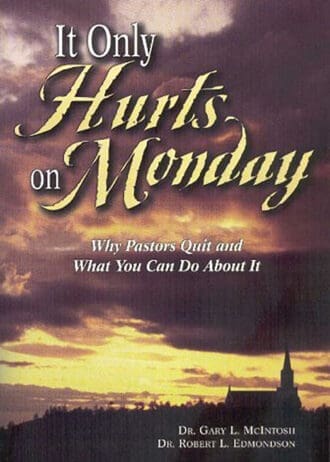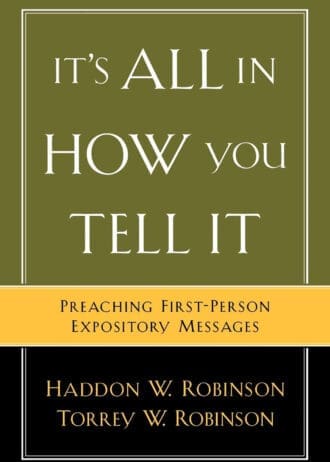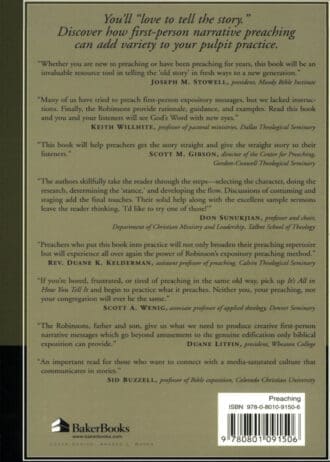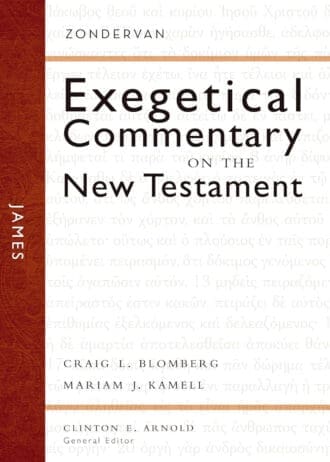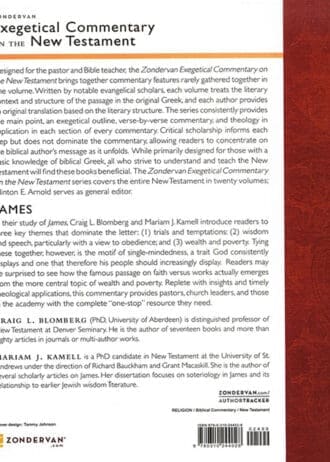Illustrated Psalms 1–150 in Hebrew (GlossaHouse Illustrated Biblical Texts)
Illustrated Psalms 1–150 in Hebrew belongs to the series GlossaHouse Illustrated Biblical Texts (GIBT) that presents the books of the Bible in their original languages, embedded scene by scene in the context of Keith R. Neely’s evocative, full-color illustrations. These innovative resources will accelerate your comprehension by helping you distinguish narrative from dialogue at a glance. The illustrations provide visual cues for action, tension, and emotion, inviting an immersive reading experience in the ancient languages. Whether you are a beginning student of biblical languages, or an accomplished scholar, our hope is that this fresh presentation of the ancient texts will ignite your imagination and turn the world of these words into an expansive, multicolored landscape in your mind’s eye. Co-authored with a Biola/Talbot student, R. Mark Reasoner

